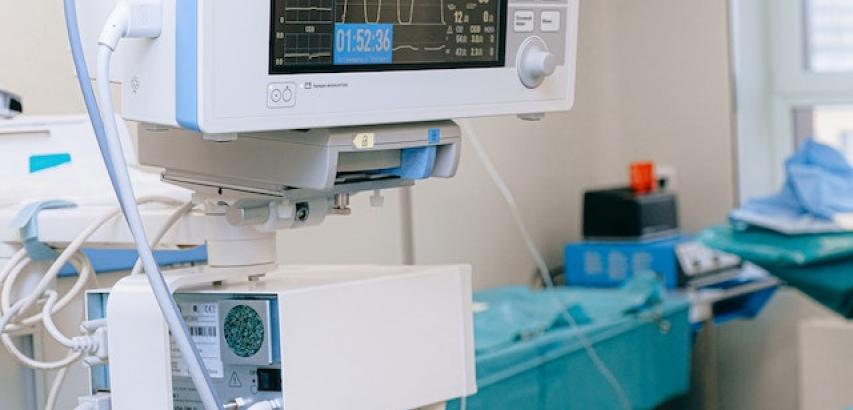Artificial Intelligence (AI) has emerged as a powerful and transformative technology in healthcare, revolutionizing various aspects of medical practice, research, and patient care. AI's ability to process vast amounts of data, recognize patterns, and learn from experience has led to significant advancements in diagnosis, treatment, and overall healthcare delivery. Here are some key areas where AI is making an impact in the healthcare industry:
1. Medical Imaging and Diagnostics: AI-powered algorithms have shown remarkable capabilities in analyzing medical images, such as X-rays, MRI scans, CT scans, and pathology slides. These algorithms can detect abnormalities, identify diseases (e.g., cancer, tumors, fractures) with high accuracy, and assist radiologists and pathologists in their diagnoses. AI has the potential to improve early detection, reduce human errors, and speed up the diagnostic process.
2. Personalized Treatment Plans: AI can analyze patient data, including medical records, genetic information, lifestyle factors, and treatment outcomes, to tailor personalized treatment plans for individuals. This approach considers patient-specific factors to optimize treatments, improve medication adherence, and enhance patient outcomes.
3. Drug Discovery and Development: AI is being used to accelerate drug discovery processes by analyzing vast databases of molecular information, identifying potential drug candidates, and predicting their efficacy and safety. This can significantly reduce the time and cost required for developing new medications.
4. Virtual Health Assistants and Chatbots: AI-powered virtual health assistants and chatbots are being deployed to provide immediate medical advice, answer patient queries, and triage cases based on symptoms. They offer 24/7 availability, reducing the burden on healthcare providers and improving patient access to information.
5. Predictive Analytics for Patient Monitoring: AI algorithms can analyze real-time patient data from various sources, such as wearables and medical devices, to predict deteriorations or complications. This early warning system helps healthcare professionals intervene promptly and prevent adverse events.
6. Natural Language Processing (NLP) in Healthcare Records: NLP enables AI systems to extract valuable insights from unstructured data in medical records, research papers, and clinical notes. This aids in knowledge discovery, clinical decision-making, and medical research.
7. Robot-Assisted Surgery: AI-driven robotic systems are increasingly being used in surgery to assist surgeons with precision, dexterity, and enhanced visualization. Robot-assisted surgery allows for minimally invasive procedures, reduced recovery times, and improved surgical outcomes.
8. Disease Prediction and Prevention: AI can analyze large datasets to identify patterns and risk factors associated with specific diseases. This knowledge enables proactive interventions, health promotion, and disease prevention strategies.
9. Clinical Trial Design and Patient Recruitment: AI algorithms can optimize clinical trial design, identify suitable candidates for trials, and accelerate the patient recruitment process, leading to more efficient and successful clinical research.
Despite the tremendous potential of AI in healthcare, there are also challenges and considerations to address, such as data privacy and security, regulatory compliance, and the need for transparent and explainable AI models to gain trust from healthcare professionals and patients.
As AI technologies continue to evolve and integrate with healthcare systems, the future holds great promise for improved patient outcomes, reduced costs, and a transformed healthcare landscape. However, ethical and responsible development and implementation are critical to ensure that AI in healthcare is used to benefit patients and society as a whole.
 |  |  |
